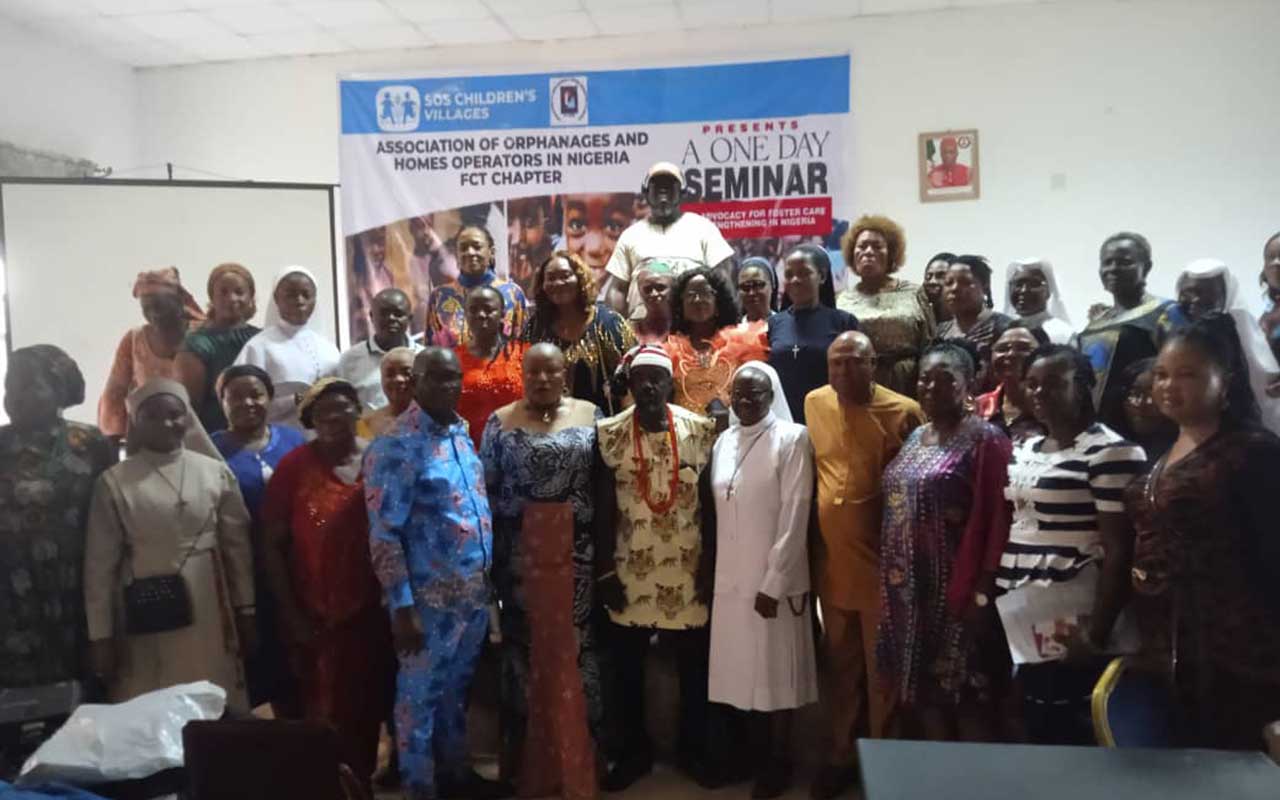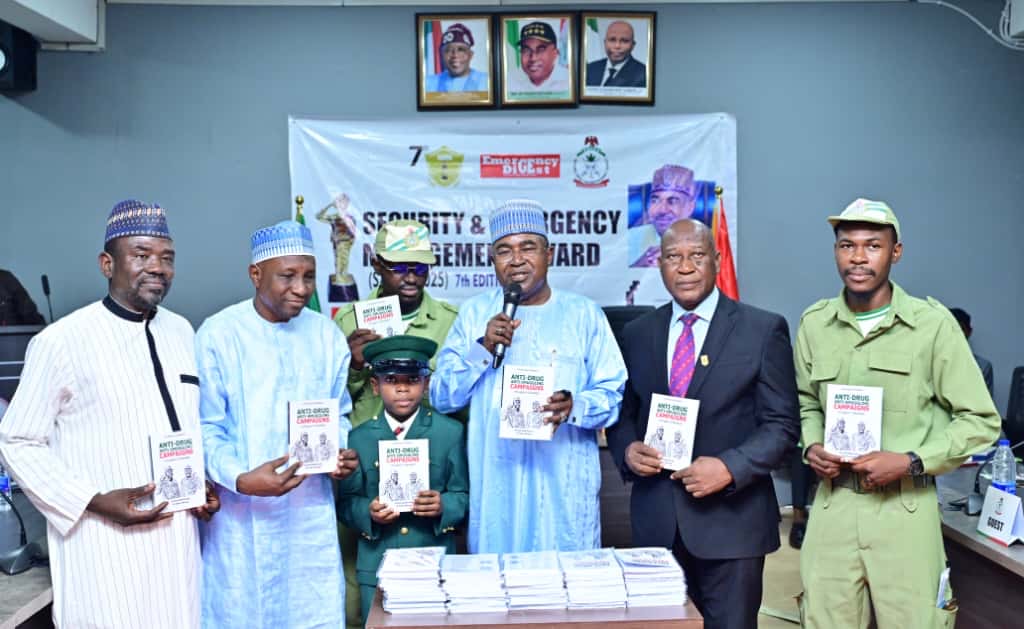Child development experts have alerted operators of orphanages of legislation that will strengthen the foster care system to provide a stable and nurturing environment for vulnerable children in the nation.
They spoke at a seminar in Awka, themed: “From Vulnerability To Stability, Time To Strengthen Foster Care In Nigeria.”
The participants noted that when signed by the government, it would create a robust child protection system that guarantees inclusion, safety, and care of orphaned children in foster homes.
The experts, operating under the Association of Orphanages And Homes Operators (ASOHON), said the move was in line with international best practices.
At the event, staged by ASOHON, supported by SOS Children’s Villages and held at the Conference Hall, Ministry of Women Affairs, Awka, the Commissioner for Women Affairs, Lady Ify Obinabo, stated the commitment of the state government to sustain every child’s welfare and survival intervention policies.
Obinabo, while affirming support for the foster care system initiative, said she would stop undue harassment of operators of Shelter Homes in the state by the police.
The commissioner, therefore, urged the operators to always maintain standards, discharge their duties with the fear of God and commitment, avoid all forms of negative indulgences and follow due process in all their engagements.
Obinabo also enjoined operators of Shelter Homes to be compassionate to children and support policies that would help upgrade their standard of living.
In his speech during the seminar, which brought together operators of orphanages in the South-East, Vice President of ASOHON Southern Nigeria, Akpulonu Godson, said the event was necessary to provide practical insights guiding the foster care system.
“This programme is aimed at training ourselves to face what must surely become foster care system. It is all about a temporary arrangement where a child lives with a trained caregiver who is not his or her legal parent because his or her legal parents are unable to provide care.
“The goal is to provide a safe, supportive and stable home for the child while working towards either reunification with their family or another permanent solution.
“It works by placing a child with foster parents who are relatives or unrelated individuals who have been approved by the state agency.”
Akpulonu, who delivered a paper titled “Advocacy, Monitoring Foster Placement,” said that the foster care system aimed to develop sustainable solutions, bridge practice gaps and ensure improved welfare for vulnerable children.
He stated that an effective care system requires appropriate laws, active participation of stakeholders in shaping decisions that directly impact on children.
The Vice President further identified inadequate caregivers, lack of government support, stigmatisation, weak adoption process and all forms of abuses as key challenges affecting smooth operation of Orphanages/Shelter Homes.
Also presenting a paper titled “Introduction To Formal And Informal Foster Care System, Understanding Foster Care In Nigeria”, the Spokesperson for ASOHON, Dr Bernard Moses, enumerated different types of foster care systems.
He acknowledged that Nigeria has one of the largest populations of children in institutional care due to poverty, child abandonment, family breakdowns, internally displaced children, underscored the importance of enabling legal framework and proper documentation in the transition from institutional care to family-based foster care setting.
He added that the gathering set out to provide a platform to review the operation of shelter homes and to establish a new standard aimed to provide specialised care for vulnerable children.
Experts sensitise orphanages on emerging foster care system

Participants at the event.





